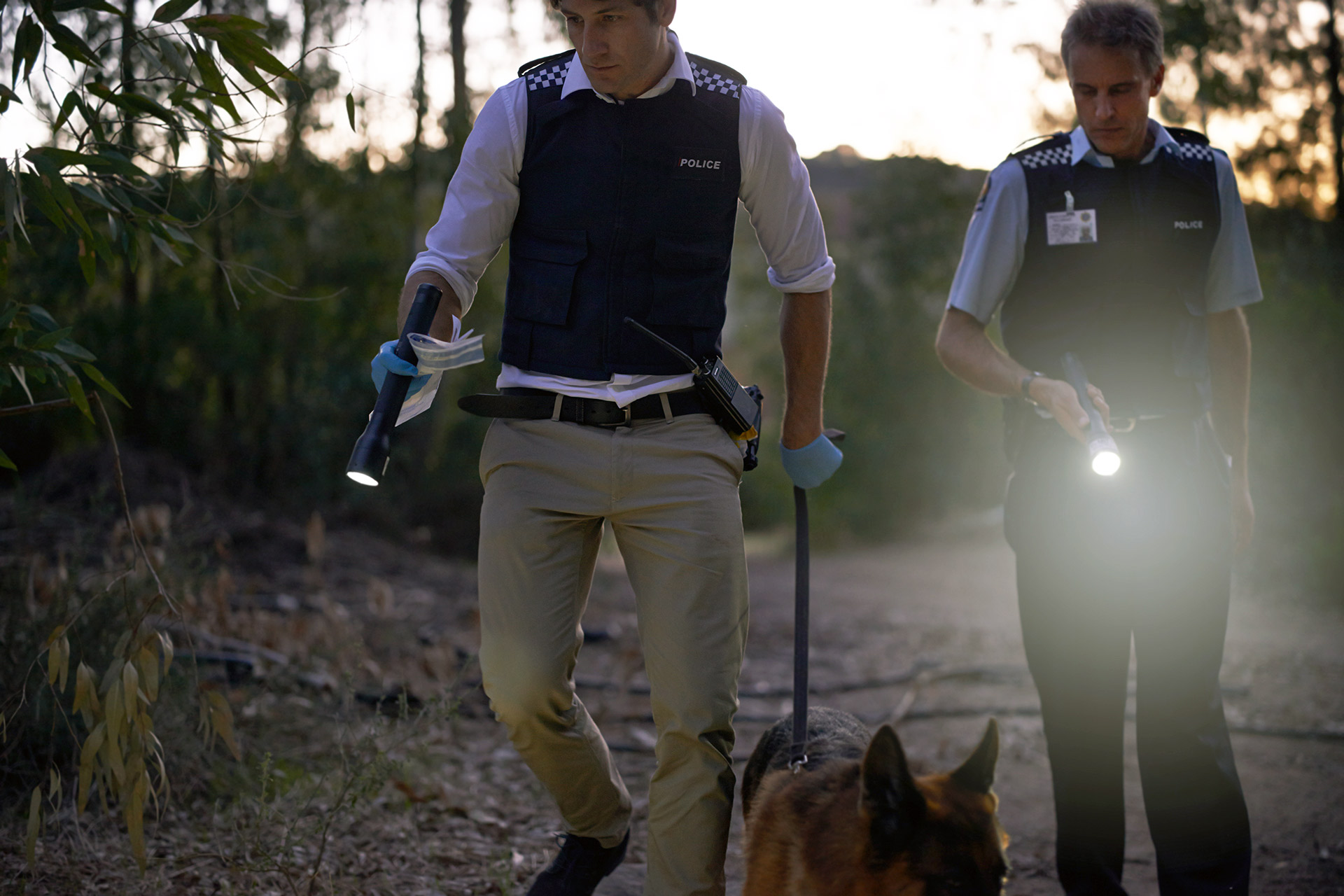
President Biden recently signed a bipartisan missing person’s bill into law to boost federal law enforcement’s reporting on missing persons and expand a critical database on missing and unidentified individuals.
The Help Find the Missing Act, also known as Billy’s Law after the unsolved disappearance of William Smolinski Jr. in 2004, aims to expand a federal law enforcement database on missing persons and streamline the national process for reporting such cases.
The law also aims to raise awareness among state and local law enforcement agencies and relatives of missing persons about the databases and how families can contribute important information and track developments in cases.
The bill, which was supported by Gabby Petito’s parents, was introduced in September by Democratic Connecticut Senators Chris Murphy and Richard Blumenthal and Republican Senators John Cornyn (Texas), John Hooven (North Dakota) and Thom Tillis (North Carolina).
In particular, the law will direct more funding to expand the National Missing Persons and Unidentified Persons System (NamUs) database for missing or unidentified persons.
Under the new law, NamUs — which is accessible to the public and can be contributed to by the public — will coordinate with the FBI’s National Crime Information Center (NCIC).
“This is a big deal that is going to ensure the thousands of other families with missing loved ones won’t face the same obstacles going forward,” Senator Murphy said.
For the family of William “Billy” Smolinski Jr., the law was a long time coming. In their search for their son, both parents encountered many obstacles due to uncoordinated and incomplete databases.
Billy was one of tens of thousands of Americans who remained missing for over a year.
According to NamUs, around 4,400 unidentified bodies are recovered each year, and about 1,000 of those bodies remain unidentified after one year due to gaps in databases.
“For families who have exhausted all possible leads to find their loved one, improving the missing persons reporting process is essential,” Cornyn said. “This legislation will ensure local law enforcement can work swiftly and comprehensively to deliver justice to the families and friends of the missing, and I am proud of the bipartisan support that pushed this bill across the finish line.”
The law also establishes best practice guidelines for reporting missing persons cases, requiring police to collect DNA, dental records and other exemplars of missing persons and upload them to the database.
Joseph Giacalone, an adjunct professor at John Jay College of Criminal Justice, expects the database to generate immediate leads to solve cases.
“The key takeaway is that when police go and collect the data … and upload this in there, I think we’re going to see hits pop up from all over the country,” Giacalone said.
Previously, evidence gathered in one state could not be corroborated with evidence from other states due to the lack of a shared database and information.
“For family members, I think, of not only cold case homicides but now missing persons, the last couple of months … provide a lot of hope for closure,” Giacalone added.





